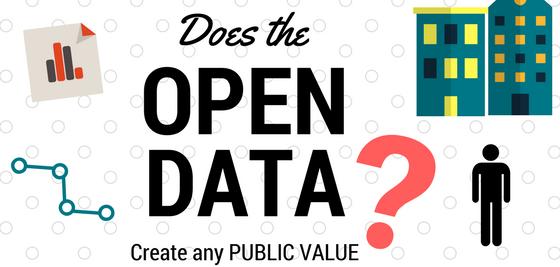Sometimes, mobility may use a bit less bicycles and more Open Data
Let’s look at what a non-profit discovered when it discovered data:

Let’s consider this story from 2015, about a single mother of three kids, one with chronic asthma that made him frequently stay home from school. At some point, the non-profit organization that was helping that family discovered that:
- When that child stayed home from school, all the kids missed school because the mother couldn’t take her sick child on the multi-bus trip required to get her other kids to school.
- With a car, instead, she could put the sick child in the car and drop the other two off at school, so they stopped missing critical instructional time. The car also made it easier for her to get to work. She reported feeling healthier and less stressed, and her finances improved.
This discovery was eye-opening for that organization, and made it start to look at transportation as a pressure point for social change. Besides, they “gave other families a look at that data and they are developing ideas and plans, including thinking about banding together to get good terms on other car loans from the dealer”.
What should we all learn from this?
If you ask me, this very interesting story reminds us all that, in no particular order:
- “If they can get you asking the wrong questions, they don’t have to worry about answers.” (Thomas Pynchon)
- Some urban mobility reformers should pay more attention to families. Too many hipster proposals to reboot cities by “ditching cars for bicycles” only work as intended for single people, who have nobody else to worry about when moving
- NGOs and charities must pay much more attention to data. More explicitly, they have to demand, use and exchange many more Open Data than they have done so far
- Times are mature for Open Data activists to reach out to the same organizations en masse, in order to help them fulfil their own goals with Open Data. Which, by the way, is just what I humbly suggested eight years ago
Who writes this, why, and how to help
I am Marco Fioretti, tech writer and aspiring polymath doing human-digital research and popularization.
I do it because YOUR civil rights and the quality of YOUR life depend every year more on how software is used AROUND you.
To this end, I have already shared more than a million words on this blog, without any paywall or user tracking, and am sharing the next million through a newsletter, also without any paywall.
The more direct support I get, the more I can continue to inform for free parents, teachers, decision makers, and everybody else who should know more stuff like this. You can support me with paid subscriptions to my newsletter, donations via PayPal (mfioretti@nexaima.net) or LiberaPay, or in any of the other ways listed here.THANKS for your support!